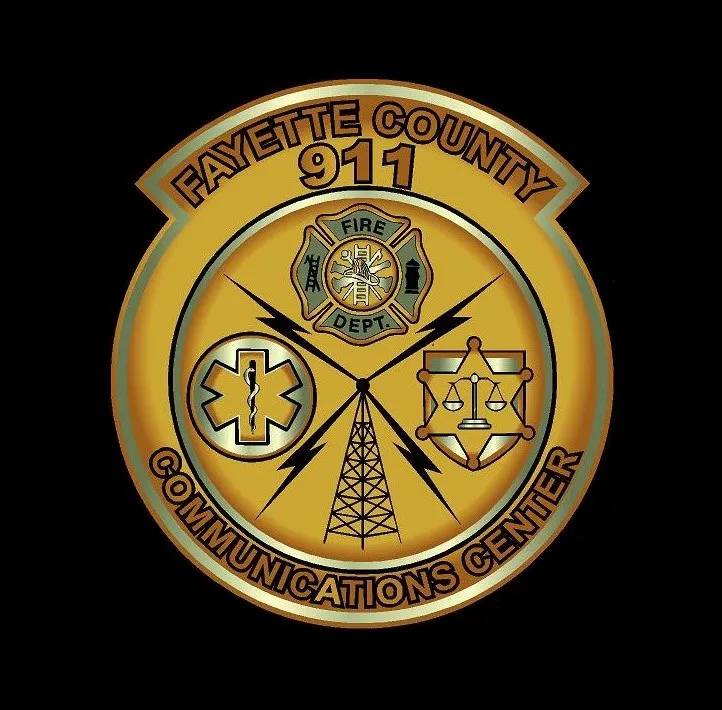History of 911

What is 911?
Nine-one-one is a three digit telephone number which can provide the American public with direct access to a public safety answering point (PSAP). In general, 911 is an emergency number for any police, fire or medic.
How did the idea develop ?
Great Britain was the first country to establish a universal emergency telephone number. Since 1937 any individual in the United Kingdom has been able to dial 999 or 112, receive a prompt response, and have his or her request for assistance (police, fire, ambulance) quickly and efficiently directed to the proper agency. In developing similar systems, Belgium, Denmark and Sweden have adopted 112 as their uniform emergency number. Several of these systems are directed primarily toward the provision of emergency medical services. Other countries which have provided three or two-digit emergency number, either universally or for large population segments, include West Germany; Caracas, Venezuela, which developed its system in 1963 with the help of the United States; and Winnipeg, Canada, where the system has been in service since 1959. Canada is currently developing a national system utilizing 911 and Australia has implemented 000 throughout their country.
Introduction in the United States
In January of 1968, the American Telephone and Telegraph Company announced that within its serving areas the digits 911 were available for installation on a national scale as the single emergency telephone number. Although numerous public safety officials and individuals at various government organizational levels had long expressed keen interest in the establishment of such a number, the AT&T announcement was primarily prompted by the 1967 recommendation of The President's Commission on Law Enforcement and Administration of Justice that "wherever practical a single (police emergency) number should be established within a metropolitan area and preferably over the entire United States".
Further stimulus toward the creation of a nationwide number was provided by the Commission on Civil Disorders and Federal Communications Commission which urged the telephone industry to provide a three-digit emergency telephone number. These various recommendations had in turn received impetus from growing public concern over the increase in crime, accidents, and medical emergencies and from Federal Government awareness that current emergency reporting methods were inadequate and that in a population as large and as mobile as ours, a common emergency number made sense.
In response to these concerns, the Federal Government in March of 1973, through the Office of Telecommunications Policy, Executive Office of the President, issued National Policy Bulletin Number 73-1 endorsing the concept of 911 and urging its nationwide implementation.
The choice of the specific number, 911, was based primarily on cost factors, the comparative ease with which telephone company equipment could be modified to accept the number and on other considerations which indicated that the combination of the digits 911 would be easily remembered and dialed by most persons.
First 911 Call
The first 911 call in the United States came from Haleyville, Alabama and was made by Alabama Speaker of the House, Rankin Fite on February 16, 1968 to Tom Bevill, a U.S. Representative.
911 in Fayette County
A 911 system is considered BASIC when a citizen dials 911, is routed to the PSAP but no location information is provided to the answering point.
A 911 system is considered ENHANCED when a citizen dials 911, is routed to the PSAP and the caller's address and telephone number are displayed on a computer screen for the dispatcher's reference. Wireless or cellular calls do not provide address information. Fayette County 911 is equipped with a next generation state of the art 911 system.
